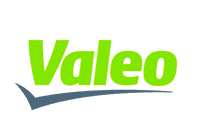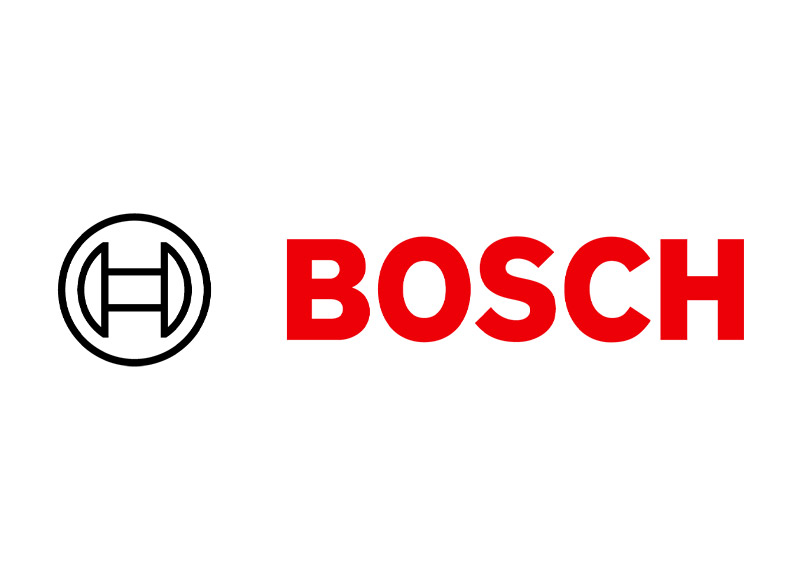eCall
eCall is an automatic emergency call system for motor vehicles being planned by the European Union for mandatory integration into all new cars and light commercial vehicles as of October 2017.
Function
 eCall is an automatic emergency call system for motor vehicles being planned by the European Union for mandatory integration into all new cars and light commercial vehicles as of October 2017.
The intention is to have the rescue coordination centre infrastructure established throughout Europe by 1 October 2017 at the latest. The eCall emergency call system is expected to accelerate the use of telematics systems in motor vehicles. With the aid of telematics systems it is possible to gather and evaluate vehicle data as well as to create links between car data and stationary facilities.
eCall is an automatic emergency call system for motor vehicles being planned by the European Union for mandatory integration into all new cars and light commercial vehicles as of October 2017.
The intention is to have the rescue coordination centre infrastructure established throughout Europe by 1 October 2017 at the latest. The eCall emergency call system is expected to accelerate the use of telematics systems in motor vehicles. With the aid of telematics systems it is possible to gather and evaluate vehicle data as well as to create links between car data and stationary facilities.
Purpose of eCall
The idea behind eCall is to help to minimise the consequences of serious accidents. The emergency call system is designed to function even if there are no helpers in the vicinity or the vehicle occupants are not in a position to make a call.
Functions of telematics systems
Telematics systems will not just make eCall possible, but also further safety functions such as bCall breakdown assistance, as well as a wide range of infotainment services. These include:
- Route guidance
- Web browsing
- Use of social media
- Indication of nearest parking area
- Indication of nearest petrol station
Data transmission by eCall
Following a serious road accident, eCall will automatically dial the European emergency number 112. After the call is made, the following data will be transmitted to the emergency services with satellite assistance:
- Vehicle data
- Exact time at which accident occurred
- Position of vehicle
- Direction of travel
Criticism of eCall
Criticism has however also been levelled at telematics systems in general and eCall in particular. Politicians and data privacy experts have raised concerns about possible misuse. For instance, telematics systems could be used for unauthorised purposes such as the monitoring of motorists and the continuous gathering of information on location, driving style, speed or braking habits. Drivers and car owners must therefore be free to decide which telematics system they want to use and what happens to their data. The handling of data must conform to stringent data privacy standards.
Experts' recommendation
Experts are concerned about a possible monopoly situation. They fear that telematics technologies such as eCall would be mainly at the disposal of car manufacturers who would use their systems primarily to promote their own services. To avoid such a monopoly situation, experts are calling for telematics systems to remain open to be able to use them to their best advantage. Nobody should be allowed to gain a privileged position. In any case, technologies such as Car-To-Car or Car-To-X communication require open platforms to be able to develop their full potential.
Safety
The European Union anticipates that 2,500 lives could possibly be saved with the eCall safety system, in addition to reducing the number of serious injuries sustained in road accidents by 15%.




